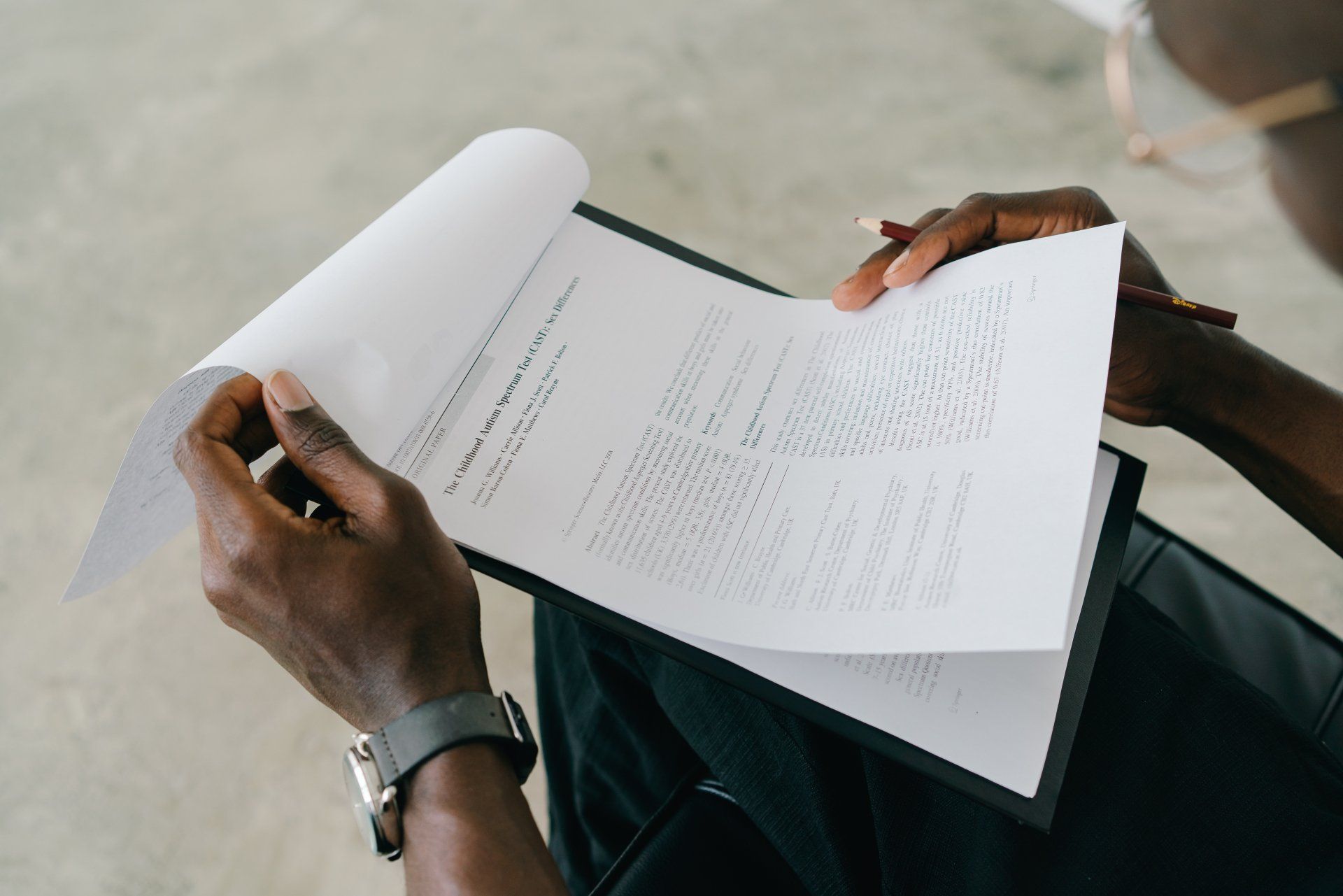ADOPTION & ART ATTORNEYS IN MARYLAND, DISTRICT OF COLUMBIA & VIRGINIA

ADOPTIVE FAMILY SERVICES
Breaking the Seal of Adoption
Button
Breaking the seal of adoption is a process in which a birth parent or adoptee seeks release of either identifying or non-identifying information from their sealed adoption records. These records were closed by the court when the adoption was finalized.
Before you begin trying to access sealed adoption records, you should know that the process varies by state. This can be frustrating for adoptees looking for information, but we can help. We have experience obtaining adoption records in DC, Maryland and Virginia. We can aid you in your search.

How to Access Adoption Records in Maryland
The Maryland Department of Mental Health and Hygiene (DHMH) has an administrative process that allows adoptees over the age of 21 and birth parents to register with the Maryland Mutual Voluntary Registry to locate each other. There are several services offered through DHMH for obtaining different levels of information, and should this process fail, a petition to break the seal of adoption may be filed in the Circuit Court.
Our attorneys assist clients in the administrative and court processes to obtain necessary medical information about birth families and help the parties locate each other.
As part of this process, Maryland uses trained intermediaries, who review the adoption files, interview the parties and protect any adoptees or birth parents who do not wish to be identified. Our firm can assist you in understanding the process and working through it to obtain adoption records in Maryland.
How Can I Get My Adoption Records in the District of Columbia?
The District of Columbia uses intermediaries as well. However, the process is quite different. In the District of Columbia, a birth parent or adoptee must first file a petition to break the seal of adoption in the Superior Court, The petition must satisfy the court that the information sought is for a legitimate purpose.
If the court believes breaking the seal of adoption would benefit the person seeking to have the adoption seal broken, it will issue an order to the
District of Columbia Child and Family Services Agency to investigate the case. The agency will assign a social worker (intermediary), who will attempt to locate the
original file, obtain information and interview the person who filed the petition. If information can be obtained from the file that satisfies the request, the information is provided, a report is filed with the court and the file is then re-sealed. If locating the birth parent or adoptee is what is sought, the social worker will attempt to locate the person and facilitate an exchange of information and possible meeting of the parties. Once the social worker has completed his or her work or believes there is no further information or contact information available, a report is filed with the court. Sometimes a hearing is held related to the matter, and the matter is then re-sealed.
How to Unseal Adoption Records in Virginia
The Virginia Department of Social Services keeps a permanent record of all adoptions finalized in Virginia since July 1, 1942. In addition, if the adoptee was placed for adoption through an agency with the legal authority to consent to the adoption, that agency may also have a copy of the record. The Code of Virginia sections §63.2-1246 and §63.2-1247 identify the parties who have access to identifying and non-identifying information from the adoption record.
Adult adoptees have the right to request and receive non-identifying background information about themselves and their birth family from their finalized adoption record. Adult adoptees also have the right to apply to the Virginia Department of Social Services for identifying information on their birth families, such as names and addresses. Good cause must be shown in order to gain access to adoption records in Virginia. Good cause means consent from the birth family member on whom identifying information is being sought.
Adult adoptees have the right to request that an attempt be made by the agency initially involved in the adoption to convey critical medical, psychological and genetic information to their birth parents or adult birth siblings. However, a physician or licensed mental health provider must certify in writing with a clear explanation as to the reasons it is critical that the information be conveyed. Confidentiality of all parties is to be maintained by the agency.
In parental placement adoptions, where the consent to the adoption was executed on or after July 1, 1994, the adult adoptee may view the entire adoption record. However, any criminal record checks for the adoptive parent(s) which show a criminal record conviction cannot be released.
This Virginia Mutual Voluntary Registry handout will help answer more questions.
Breaking the Seal of Adoption in Maryland, Virginia and Washington, DC
Like all matters involving adoption, each case is fact-specific, and some cases require more attorney involvement than others. Consulting with an attorney prior to attempting to break the seal of adoption can be beneficial in helping you understand the options available.
Your attorney will also prepare you for possible outcomes and answer questions or concerns you may have about breaking the seal of adoption.
Contact us now to learn how to access adoption records in MD, VA or DC based on your individual situation.
WHAT IS THE TAX CREDIT?
For adoptions finalized in 2022, the maximum adoption credit and exclusion is $14,890 per child. The credit applies one time for each adopted child and should be claimed when taxpayers file taxes for 2022. In 2022, families with a modified adjusted gross income below $223,410 can claim full credit. Those with incomes from $223,410 to $263,410 can claim partial credit, and those with incomes above $263,410 cannot claim the credit.
“We believe in working with each of our clients—in support of their family dynamic—to make the dreams of parenthood a reality. Whether you are single or married; or gay; a step-parent, a surrogate or intended parent or a child of adoption, it is our mission to serve as your advocate. With a dedication to the ethical and sensitive nature of each situation, we will help you understand the laws within Maryland , Virginia and Washington, DC for adoption or surrogacy, and pledge to be your partner throughout the journey.”
- Modern Family Formation Law Offices
CONTACT
All Rights Reserved | privacy policy

